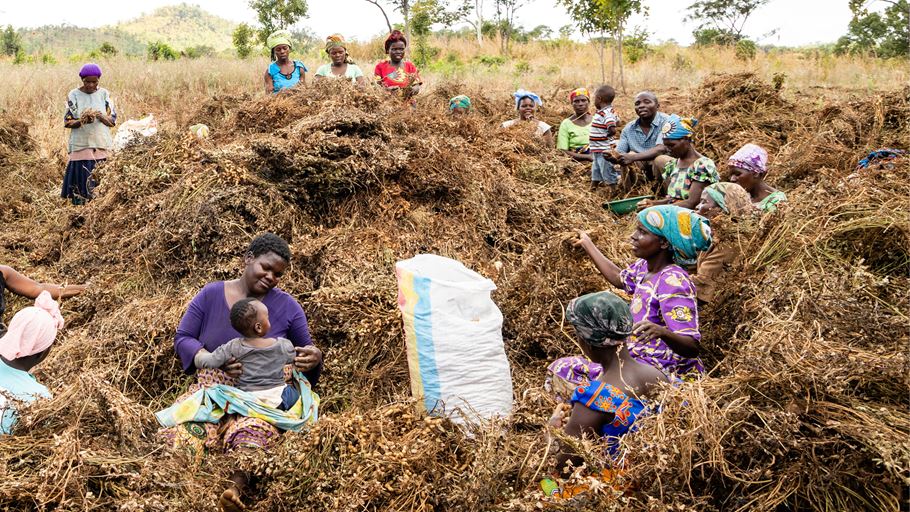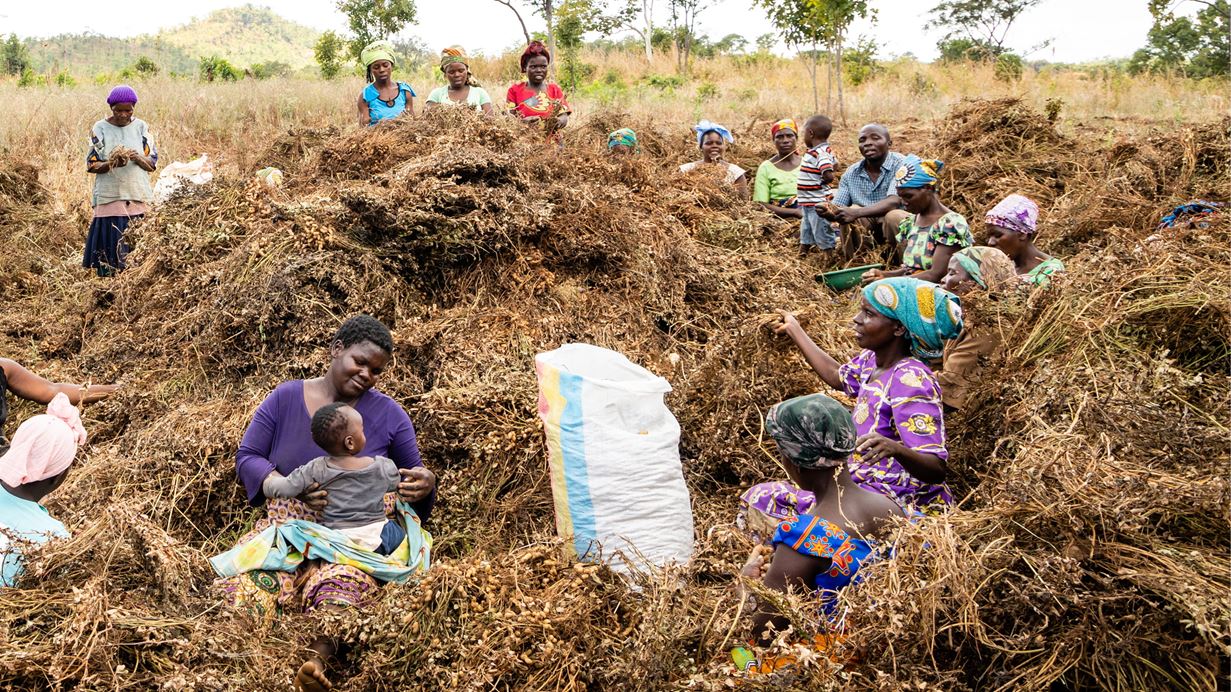Church and Community Transformation does exactly what it says on the tin. It is the whole community being impacted, changed, rebuilt, restored, envisioned, empowered and ultimately transformed in order for it to thrive – through (and starting with) the church.
Wherever in the world it may be, the local church is part of one body – Christ’s. And as Jesus came to reconcile man to God, to restore that relationship with him, so we – the church – are called to follow his example. Understanding that broken relationships between humans and God, between individuals and themselves and other humans, and between humans and creation, are at the root of all poverty – both spiritual and material – we work together toward being a part of God’s answer to this brokenness. We call this integral mission.
Integral Mission’s four key relationships at the root of restoration or poverty:
- People’s relationship with God
- Individual’s relationship with self
- Humans’ relationships with each other
- Humankind’s relationship with creation
In John 10:10, Jesus says, ‘I have come that they may have life, and have it to the full.’
Integral mission is a response to poverty, led by God’s word and the Holy Spirit, in search of this fullness.
How it works
Over the last 30 years, Tearfund has helped develop processes and train facilitators to take local churches on a journey to achieve CCT.
Starting with Bible studies, church members are encouraged and empowered to reach out to their community to work together, to identify and mobilise local resources, and use these to overcome the challenges in their community.
Koffi Kan Afely in Côte d’Ivoire shares an example: ‘In the Bible study of Elisha, the Widow and her Oil, we learned from the life of the widow that she was alone and was going through difficult times, but she still had resources. This is what inspired us. This is how we have started looking for the resources that we have and led us to set up our association and today things are better.’
The CCT journey empowers people, changes mindsets, and as individuals are impacted and restored in relationship with God, themselves, creation and each other, it brings about holistic transformation in both the church and the community – transformation which has the power to change futures and generations.






